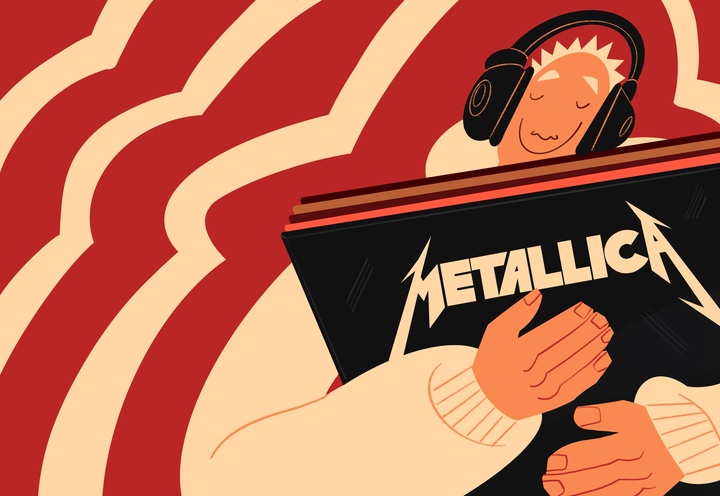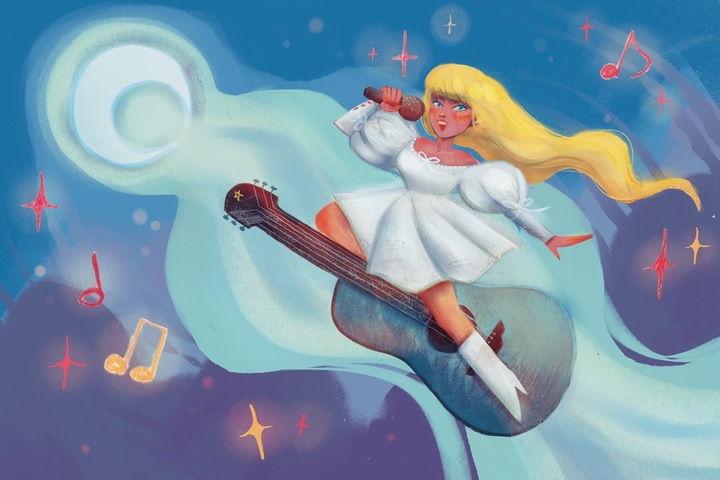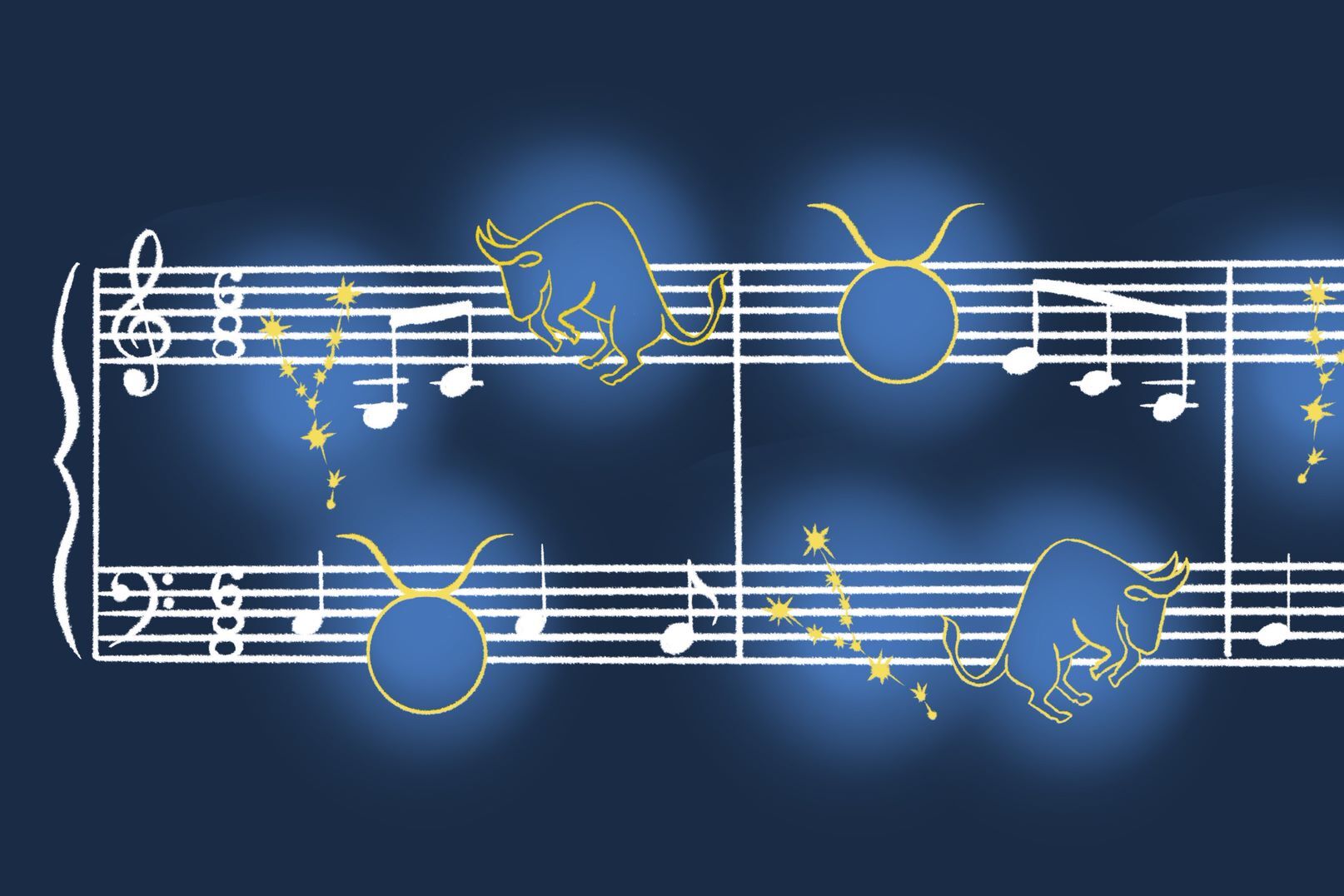My name: Jay Zacarias. My mission: to interrogate the band currently known as Priests (plural) on everything from their new album release to their impeccable taste in films. It’s a sunny Saturday afternoon when I manage to get a hold of them. My arms are sore and my voice is all but gone because I spent a good portion of the evening gyrating and screaming lyrics aimlessly back at my favorite rock acts during this year’s installment of ‘Savannah Stopover’. In spite of the slight physical setbacks, I’m in comfort. At the time of our phone call, I’m lounging on my worn-in futon and sporting the most fashionable yet comfortable article of clothing known to man: a cow onesie, whilst my subjects are huddled in a van on their way to a marathon of shows at South by South West (Austin, Texas).
For those of you who aren’t in the know, Priests are an eclectic Punk-inspired outfit from Washington D.C. and for the past six years have put out some the best rock records in the American underground canon. As a result, they’ve garnered the attention of the biggest music publications in the country: Pitchfork, Rolling Stone, NPR and the usual crowd of pop culture aficionados. The group’s musical output has covered a wide range of different sounds, blending in elements of hardcore punk, noise, rockabilly, and even country. Lyrically, they’re whip smart, a lot of the subject material espousing an observational and often times comical tone. Although they don’t consider themselves a political band, they have a clear ethical philosophy they subscribe to. It’s safe to say Priests don’t care for capitalism. Or gender norms. Also, to date they are one of the most exciting live bands to watch. I would know as I was fortunate enough watch them from the entrance of the bar that I’m not old enough to enter. Their sets are a chemistry of urgency, tight instrumentation and vibrant costumes.
So, in case it hasn’t already set in, these cats are really, really, cool and they’re preparing to drop an album this month, The Seduction of Kansas. Sonically, it promises to tread new territory. The singles thus far are radically different from the sharp guitar tracks of their former catalogue. They’re taut, refined, more pop oriented even.
“Obviously, we’ve grown as musicians” says Katie Alice Greer, the band’s vocalist. “Some of the oldest songs on Nothing Feels Natural were written six years ago at this point. Whereas the songs on The Seduction of Kansas, were maybe written a few weeks or a month before we went into the studio.”
About five minutes into the conversation, I’m forced to yell into the phone because the connection in the van is less than substantial (did I mention earlier that I lost my voice?). They spoke at length about how the process of writing and recording Kansas essentially became a coming-of-age chapter, accompanied by the usual laundry list of uncomfortable tropes such as relocating, separation, and of course, the anxiety of making new friends.
For instance, around the time they decided to regroup and write new material, their bassist, the dashing Tyler Mulitz, decided to take some time off to focus on another project, Flasher, an equally as exciting post-punk trio. The band also made the executive decision to migrate to Texas for the summer, and bring a new producer along, John Congleton. Congleton himself has quite the extended resume, having worked with everyone from Andrew Goddamned Jackson Jihad to Lana f*cking Del Rey. Yeah, I’d say that’s a lot of change. But don’t take my word for it.
“It was kind of scary. I mean, to move down to this place where we didn’t know anybody, in a studio where were totally unfamiliar and in a really different configuration of this band. Everything about this record was SO different for us.”
In spite of all these drastic changes, Priests acquired new coping skills, acclimated to their new climate, and beneath the evident pressure did not succumb to it, but instead emerged a new band. One with experience and refined observations about the world and themselves as individuals. This new state of being was achieved by as the members themselves stated “trying new things.”
One of the “new things” the band is trying is to disassociate from the gratuitous number of labels constantly hurled their way. They’ve found the overuse of the term “DIY”, which stands for “Do It Yourself”, in conjunction with their own efforts to be the most egregious. In Priests eye’s, it’s evolved into something of a super-word. It’s primary function not to champion the spirit of artists who self-govern and sustain on their own terms, but more of a catchall phrase that suggests redundancy and way for corporations to commodify those philosophies and market them to the gullible youths. By the way, Priests never referred to anyone as gullible, that was all me, man.
They’re also trying to escape the perils of comparisons and band modifiers, like “Riot Grrrl” (the three ‘R’s are intentional). They’ve gone as far as writing up a document for press inquiries that feature basic facts about the band and a special request that they not be referred to as a Riot Grrrl act. “If you don’t take that agency over your narrative, obviously others tell your story for you in the way they think it ought to be told. That doesn’t need to happen. You can tell your own story.”
On the subject of comparisons, lead guitarist G.L. Jaguar certainly feels the band could make do without them. Especially the more outlandish claims. “I feel like a lot of people compare my guitar playing to Black Francis of The Pixies. But like, we sound nothing like The Pixies. The only thing we have in common is that we’re both short, fat, and bald. That’s just a really lazy analysis.”
“It’s like what I texted you earlier,” chimes in Greer, “at this point if you want to call us something, just call us a rock band.”
We also briefly discussed the bands wonderful vocabulary of cinema. Mr. Jaguar himself being quite the film buff. One film that they’ve unanimously agreed was made in poor taste was 2006’s Charlie Wilson’s War. It’s the subject of the album’s second single “Good Time Charlie”, the lyrical portion dealing with the way in which Hollywood films glamorize and mythologize shifty figures like former congressman Charlie Wilson. Thematically, this album promises to dissect the culture of mythology that is so embedded in our DNA that we don’t even recognize how we’ve built a national identity on what essentially is the illusion of fables, so entrenched in the narrative of our own victory that we can’t recognize its deluding properties.
Critical examinations aside, Priests hope the new album will provide enough of a presence that it might galvanize you, the loyal listeners, into possibly making something as vital on your terms.
“It would make me very happy if someone listens to it and wants to pick up an instrument. If they feel compelled to do so, or do something else. Like if they’re thinking ‘HOLY CRAP! I can do that!’ that would be satisfying.”



